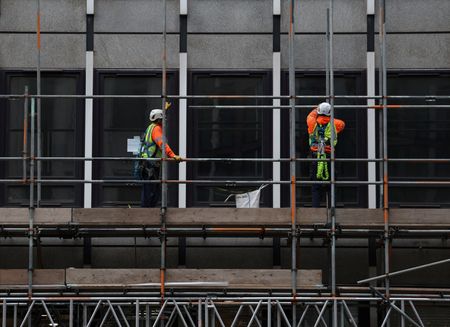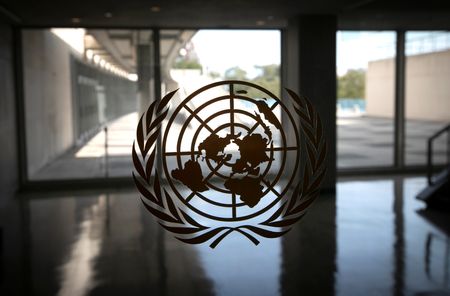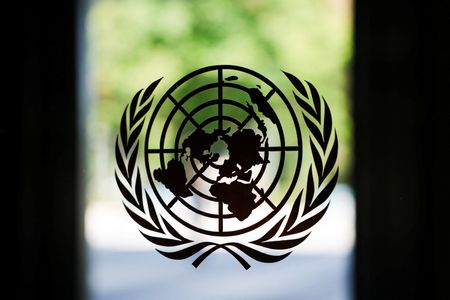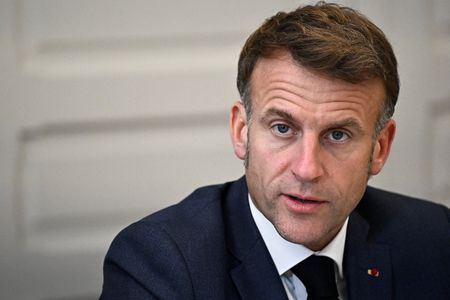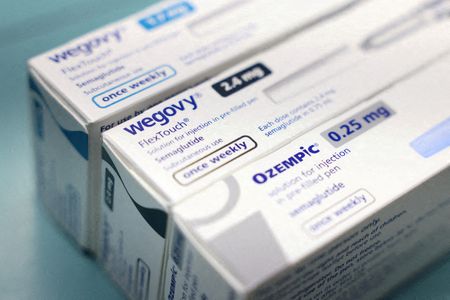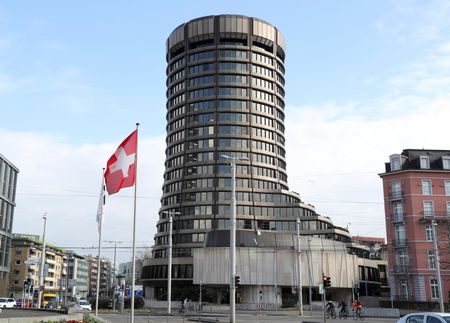By David Milliken
LONDON (Reuters) -Britain’s main minimum wage rate will rise by 4.1% to 12.71 pounds ($16.67) an hour next April to keep up with average pay, the government said on Tuesday, despite complaints from some employers that this will push up prices.
Britain’s minimum wage is the second-highest in Europe relative to average pay and has risen by more than 60% since 2019 as successive governments sought to lift it to two thirds of median hourly earnings.
Finance minister Rachel Reeves said the new increase, which follows a 6.7% rise earlier this year, was needed “so that those on low incomes are properly rewarded for their hard work”.
The increase will benefit 2.4 million workers aged 21 and over, while a further 300,000 apprentices and workers aged under 21 will get a rise of 6.0%-8.5% as the government continues to phase out lower minimum wages for these groups.
It lets the government announce good news for low-paid workers the day before Reeves delivers her annual budget, expected to include tens of billions of pounds in tax rises.
“The cost of living is still the number one issue for working people and that the economy isn’t working well enough for those on the lowest incomes,” Reeves said in a video message.
HOSPITALITY INDUSTRY SAYS WAGE RISE WILL PUSH UP PRICES
But the increase drew criticism from Britain’s hospitality industry, which said it would lead to higher prices.
“Hospitality businesses have reached their limit of absorbing seemingly endless additional costs. They will simply all be passed through to the consumer, ultimately fuelling inflation,” said Kate Nicholls, the chair of trade body UKHospitality.
Bigger pay rises for less experienced workers would make it harder for young people to find work, she added.
Britain had the highest inflation rate of any major advanced economy at 3.6% in October, driven in part by faster wage growth since the COVID-19 pandemic.
While the Bank of England expects inflation to return to its 2% target by mid-2027, many of its policymakers think wage growth faster than about 3% will make hitting that goal harder, due to persistently weak productivity growth.
Employers have also said that higher labour costs have contributed to reduced hiring this year. The unemployment rate has risen to its highest since 2021 at 5.0%.
However, the Low Pay Commission – the government agency which recommended the 4.1% increase – said its judgement was that previous increases in the minimum wage rate paid to over-21s “have not had a significant negative impact on jobs”.
The commission’s chair, Conservative lawmaker Philippa Stroud, said the body had weighed the challenges to low-paid workers from an increased cost of living against the pressure on employers from tax rises in April.
“In our discussions this year with workers and employers alike, it has been clear that no one is having an easy time,” she said.
The increase was in line with a provisional recommendation made in August by the commission, which includes representatives from business, trade unions and academia.
($1 = 0.7627 pounds)
(Reporting by David MillikenEditing by Peter Graff)

